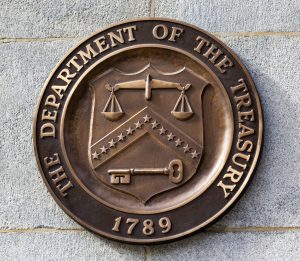Search
Published on:
Correcting and Clarifying Export Controls Issued on Advanced Computing and Semiconductor Manufacturing Items
On March 29, 2024, the U.S. Commerce Department’s Bureau of Industry and Security (BIS) issued an interim final rule (“2024 IFR”) clarifying and correcting its October 2023 interim final rules on advanced computing/supercomputers (AC/S IFR) and semiconductor manufacturing equipment (SME IFR) (collectively called the “2023 IFRs”).
 Global Trade & Sanctions Law
Global Trade & Sanctions Law


